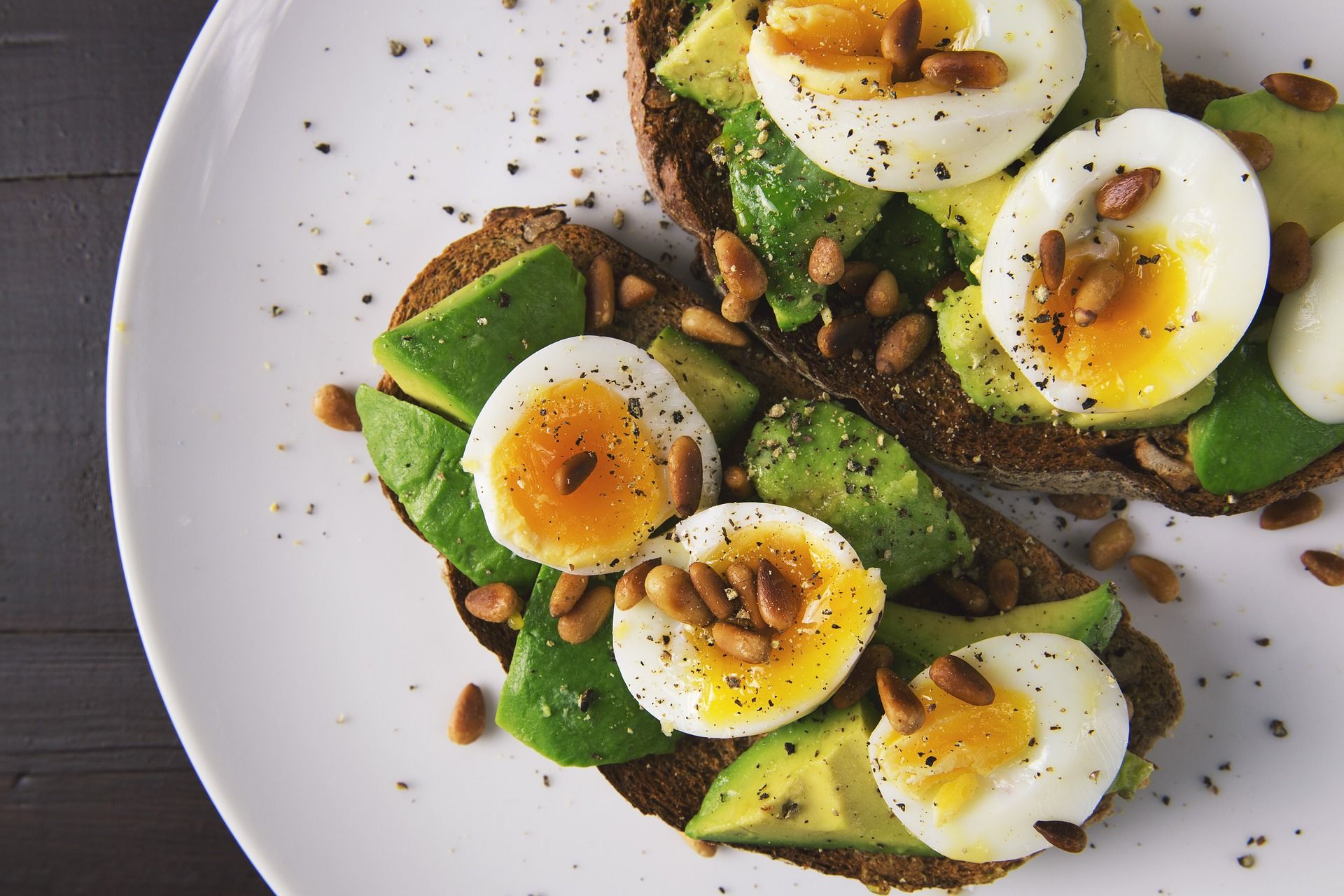Ramadan is the ninth month of the Islamic calendar, characterised by a period of fasting whereby followers consume no food or water from sunrise to sunset. This can make training (and wider goals of building muscle and burning fat) quite difficult to achieve. But certainly not impossible.
JOE spoke to Zarak Hussain, a personal trainer and practicing Muslim. He shared his top 10 workout and diet tips for staying on track during Ramadan.
"Try to get your workout in 1-2 hours after you have broken your fast as this allows your body to digest the food you have consumed after going so many hours with consuming nothing."
https://www.instagram.com/p/Btl7jZKAgbi/
2. Make it a light meal
"Consume a light meal when you break your fast with adequate protein, fats and carbohydrates. Your body will digest this in a good amount of time, and then you can train."
3. Workouts should be short and sweet
"Keep your workouts short (30-45 minutes) in order to be able to get back home and EAT!"
4. Hydrate when training
"Ensure you are hydrated – consume at least one litre of water before you train as your body will have been severely deprived and dehydrated from the amount of time you spent drinking nothing."

5. Scale it back slightly in the gym
"Reduce the amount of exercises and sets you typically do. You're going to be struggling to consume the normal amount of calories to recover, so you need to cut back on exercises and sets so your body has less stress to recover from."
6. Do not train during fasting hours
"You can't even consume water, so this would be a very bad idea and can cause you to faint. Studies have shown training when your body is in starvation and dehydration can decrease strength and muscle mass significantly - and that's not what we want."
Zarak's Ramadan workout looks like this:
- Typically training three or four times a week, focussing on full body workouts with compound exercises.
- Training will be kept short, 30-45 minutes, focussing on the main compound lifts such as the squat, bench press, shoulder press, bent-over rows and pull-ups.
7. Call on calorie-dense foods in your post-workout meal
"Try and stick with calorie dense foods as you want to be able to recover from working out.
"As you're already limited with a restricted time window, you won't be able to fit in a lot of meals so you want to be able to choose calorie dense foods that will keep you full."
Foods such as peanut butter, eggs, avocado and cereals are very calorie dense. Just don't overdo it on these, as too many calories can tip the scales in the wrong direction.

8. Drink plenty
"Aim to consume a minimum of 2.5 litres from when you break your fast. You'll want to be able to stay hydrated for when you train, but also for the next day where, again, you won't be consuming any food or drink."
9. Weights before cardio
"Stick to weight training and avoid any excessive cardio as you'll want to preserve the muscle you have, and you're already restricted with not being able to eat the normal amount you typically would."
10. Supplement wisely
"Supplements can be very helpful during Ramadan due to the restricted time frame you have to eat and train.
"My top three during Ramadan are BCAAs, multivitamin/fish oil and whey protein. During training, BCAAs will help preserve muscle. A multivitamin/fish oil supplement will allow you to get the required daily amount of vitamins you'd struggle to get from food during Ramadan. Whey protein is a big help when you need to hit your protein goal as it's very convenient and saves you a lot of time cooking."
Zarak Hussain is an ambassador for Bio-Synergy
Read more from JOE:




